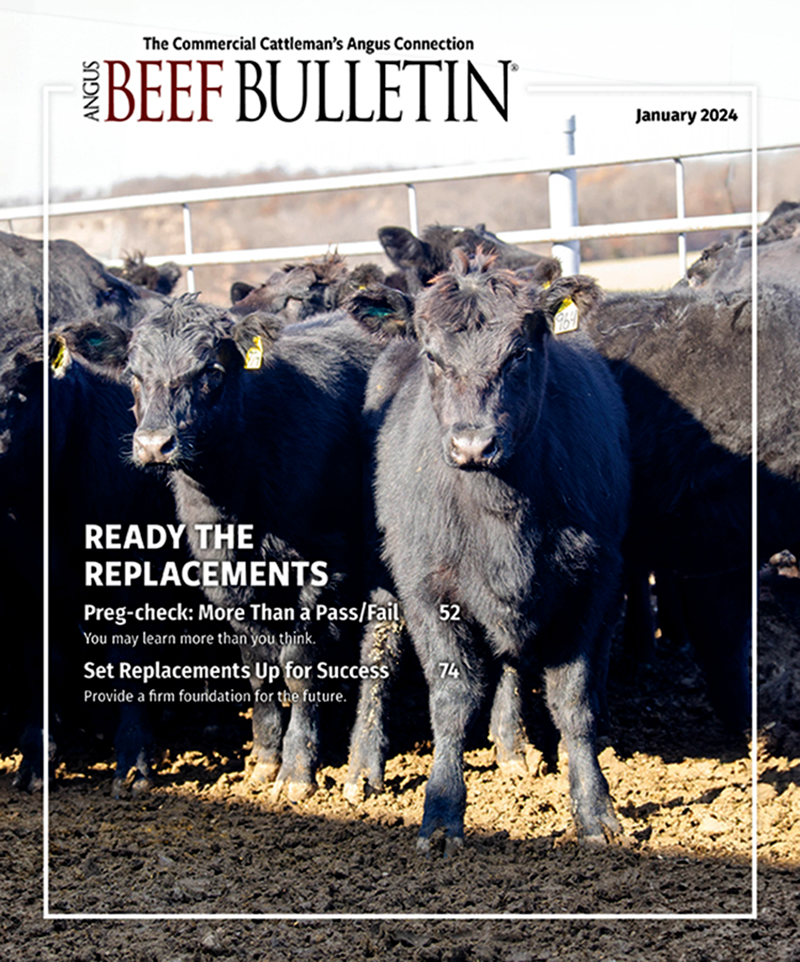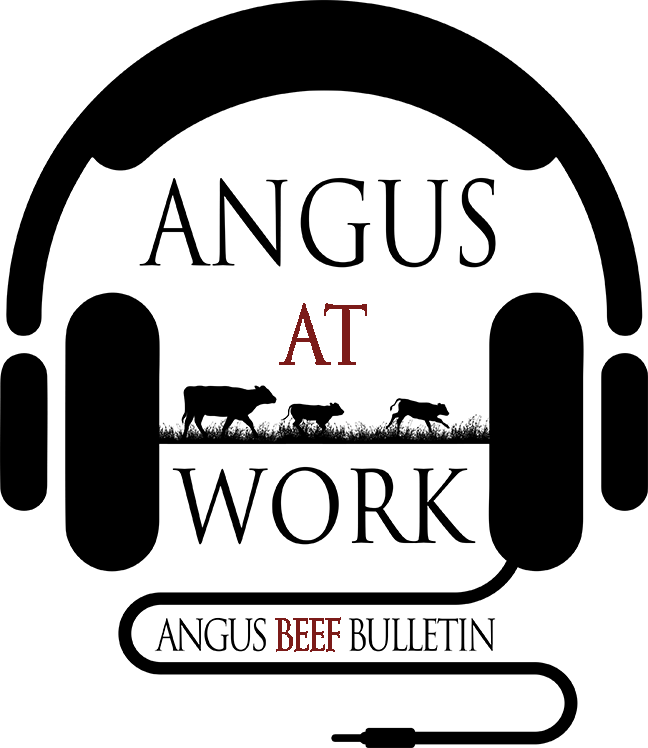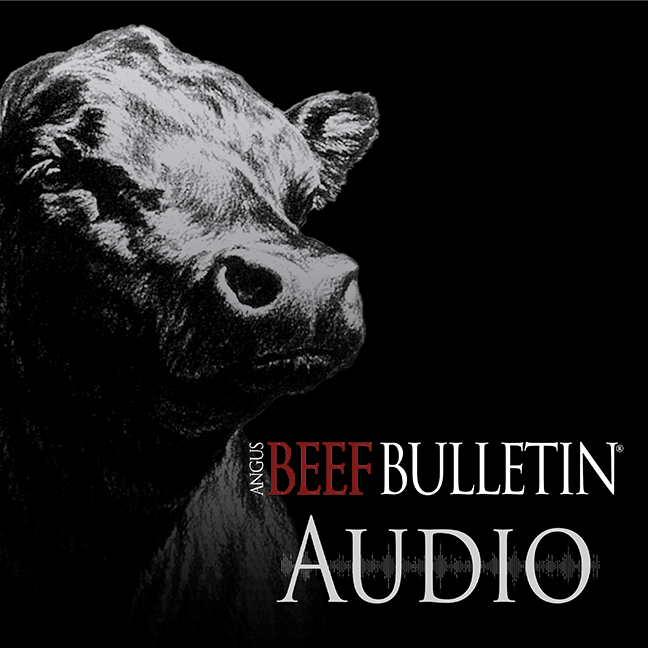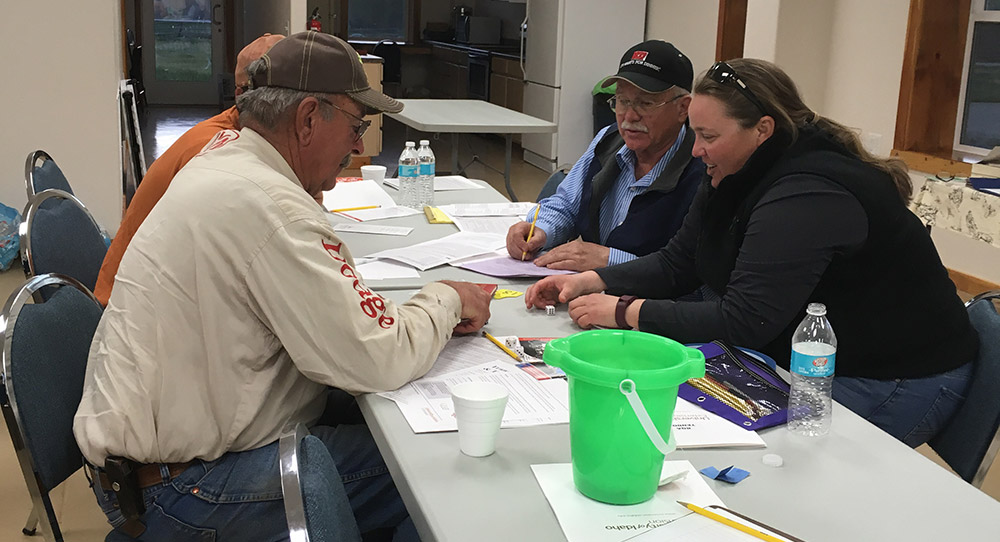
BQA Certification Importance
Producers gain many benefits from BQA certification.
Beef Quality Assurance (BQA) programs the past few decades have helped educate many producers about proper cattle-handling techniques and proper ways to administer injections. Producers can take BQA certification classes in person or online to gain their BQA certification.
Shannon Williams, Lemhi County, Idaho, Extension educator, says each state has their own BQA program and state coordinator. Producers can check with their state coordinator for in-person training.
They can also do online training. The national BQA program has a free, online training process. This program can be found at www.bqa.org. The certification is good for three years, at which time recertification is required, says Williams.
You can find your state coordinator by typing your state at www.bqa.org/certification. Most states honor the national online training.
“We’re working on putting all our in-person training into the national database,” Williams says. “If someone wants to take a class, there is someone in their state who can give in-person classes. We have two BQA coordinators here in Idaho — myself (Lemhi County) and Scott Jensen in Owyhee County,” she says.
“We also have a dozen trainers who host training classes in their own county. A class takes about 90 minutes to get the certification. Ranchers attend a workshop, then take a quiz and then sign the BQA contract,” she explains.
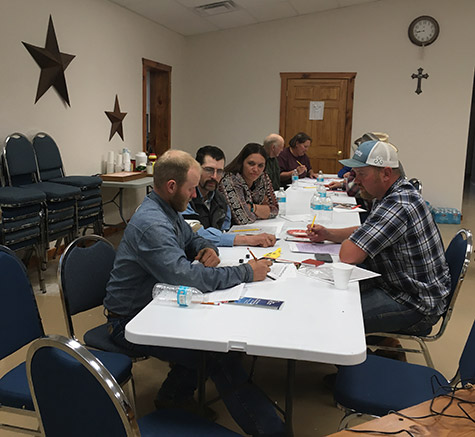 |
“We’re working on putting all our in-person training into the national database,” Shannon Williams says. “If someone wants to take a class, there is someone in their state who can give in-person classes. We have two BQA coordinators here in Idaho — myself (Lemhi County) and Scott Jensen in Owyhee County,” she says. |
There is some talk that packers may eventually require BQA certification, only buying cattle from producers who are certified.
“Another thing currently discussed is the new transportation BQA. Some packers are requiring haulers/drivers to be certified. For this certification, they go through a three-hour program. We are hosting a couple of these programs through the University of Idaho. There is an online training for this one also — for producers and for the hauling companies with semis.”
BQA programs are primarily funded through beef checkoff dollars, but some states have a mix of funding.
“In Idaho, the Idaho Beef Council funds a big portion of our BQA workshops. We don’t charge anything for people to take these classes. We find sponsorship money for a free workshop and a meal to encourage people to come.”
At this point, BQA certification has been used by a few people as a marketing tool, but not all producers take advantage of it. There is no “traceable” financial incentive.
“We can’t guarantee you’ll get a premium on your cattle if you are certified. There is no real financial incentive, but what may happen is that a buyer may not buy your calves the next year if they are coming in with problems or haven’t been handled properly, or some end up with carcass blemishes,” she says.
If a buyer knows your cattle are healthy, calm and have quality carcasses, that buyer will want them again.
“BQA doesn’t guarantee that you’ll have healthy cattle, but it guarantees that you know what to do, know how to handle cattle with low stress, and have done the best job possible,” says Williams.
It’s just the right thing to do and, in the long term, helps prevent some problems. It also gives ranchers a better image in the public eye.
“It also puts more beef on the table. When we toured the new processing plant near Kuna, Idaho, we saw some carcasses with big bruises, and areas where they had to cut out some of the meat. This is lost profit for that packing plant. As this trickles down, it takes money out of producers’ pockets,” she says. It’s better for the entire industry if we try to have the best product possible.
“I encourage everyone to take the training. You may be doing all the right things already, but to have the certification and utilize it when marketing your calves may still be helpful,” says Williams.
Editor’s note: Heather Smith Thomas is a cattlewoman and freelance writer from Salmon, Idaho.
